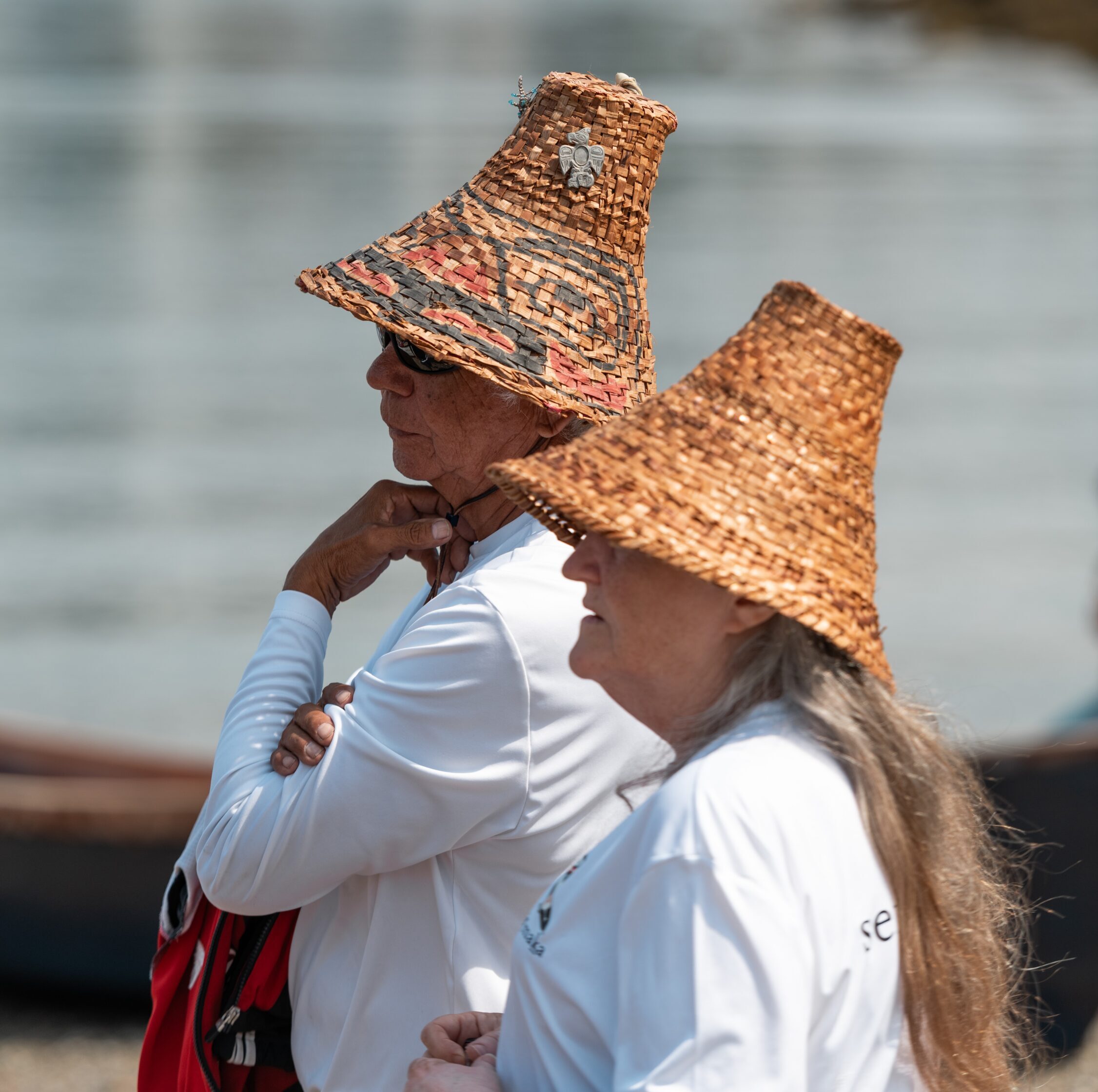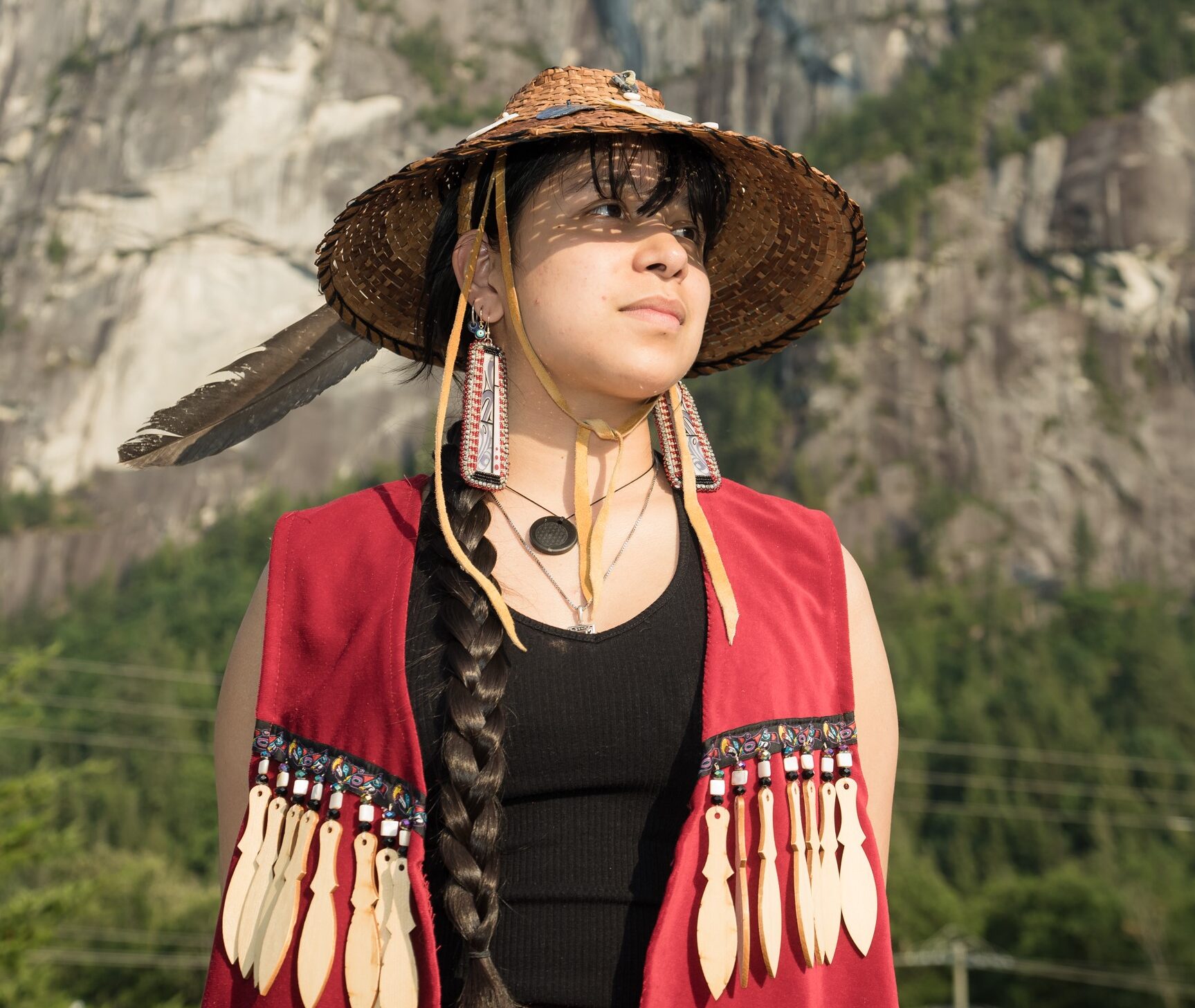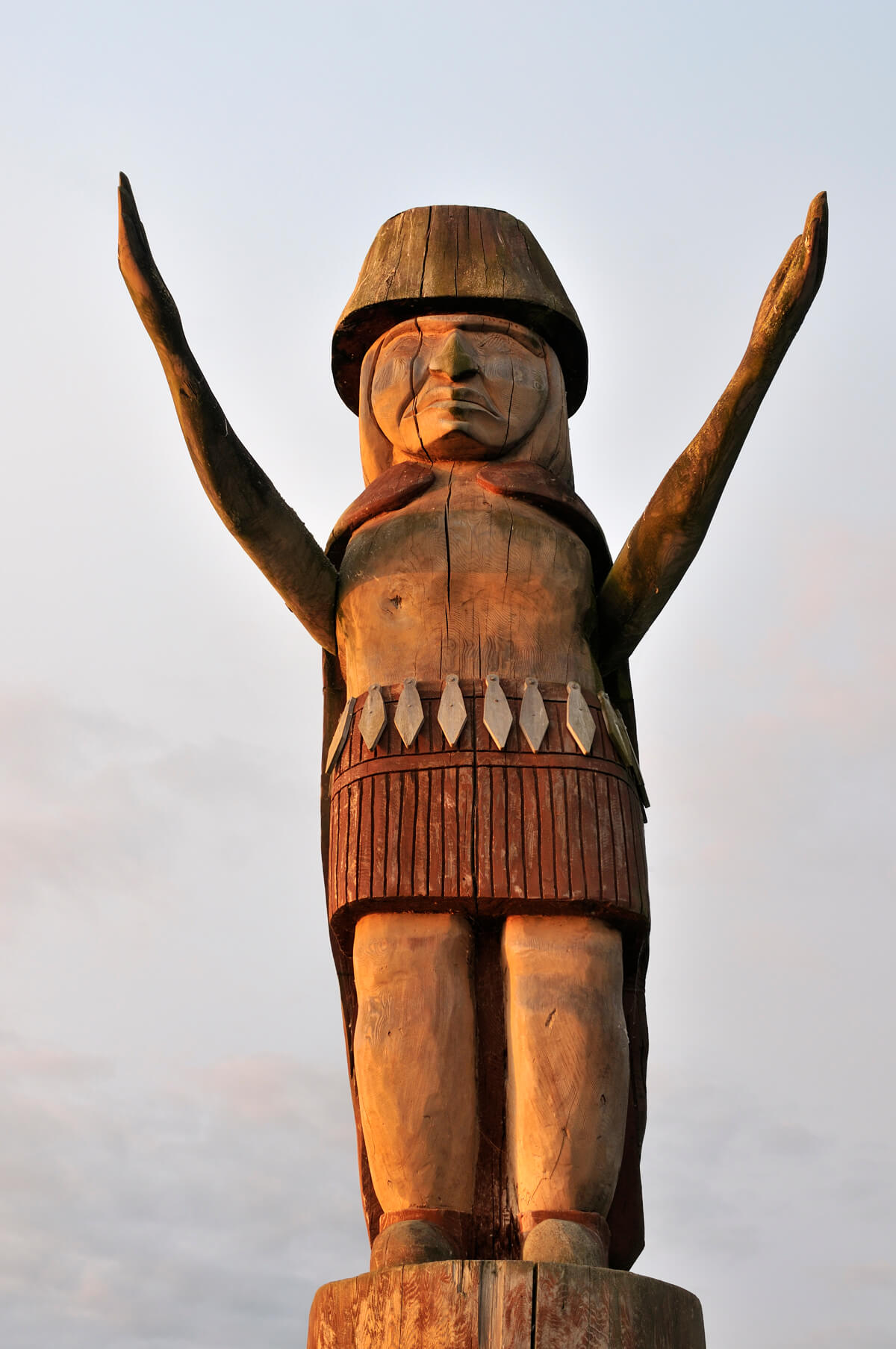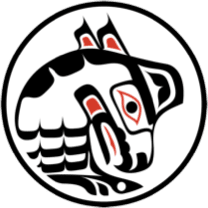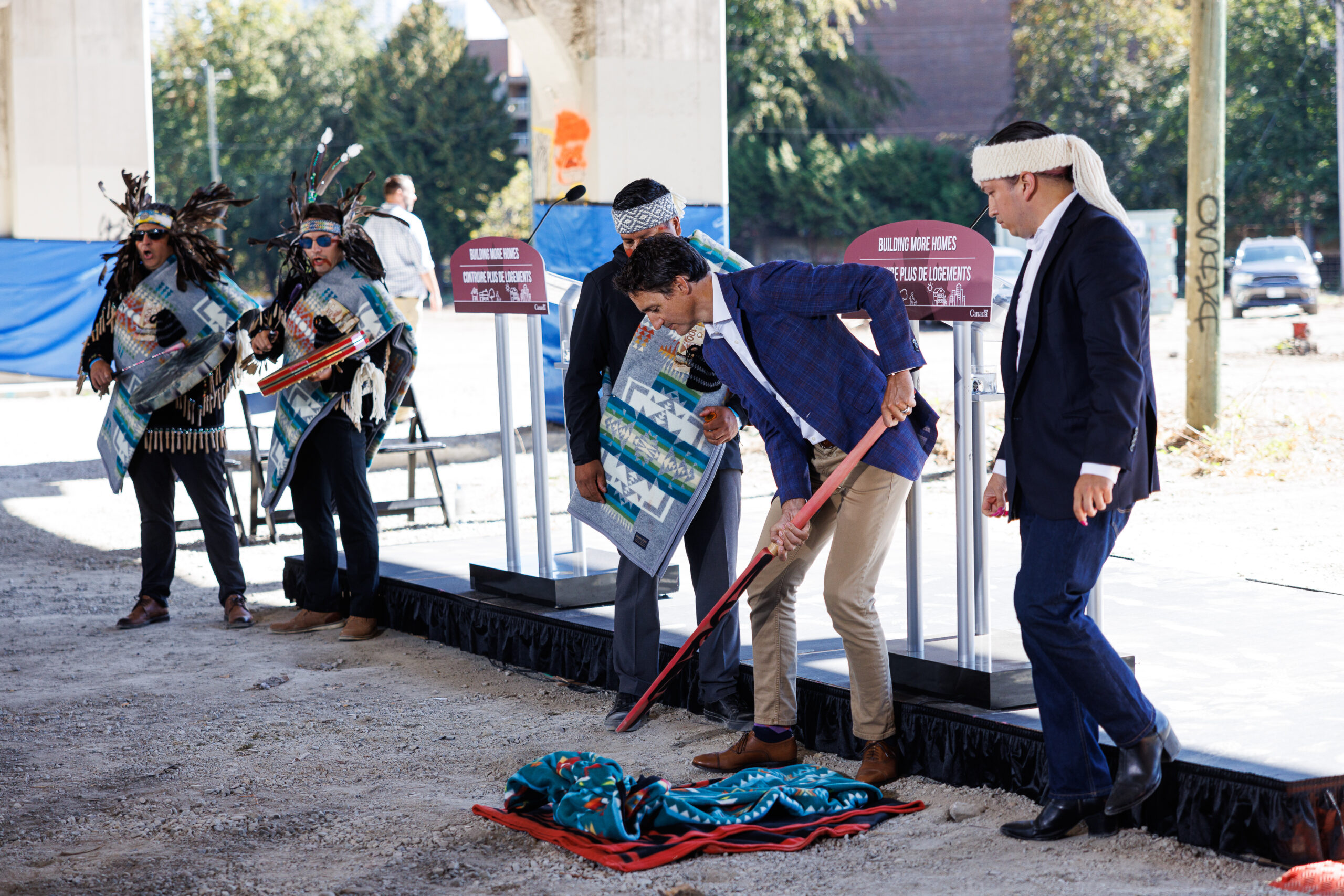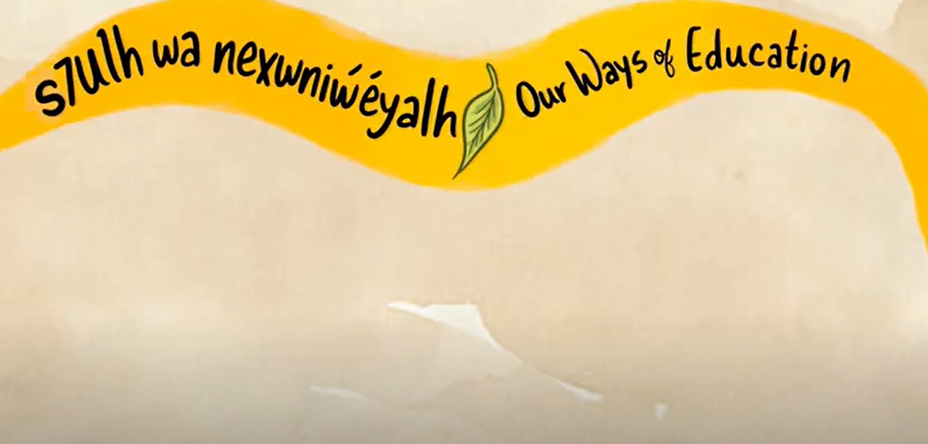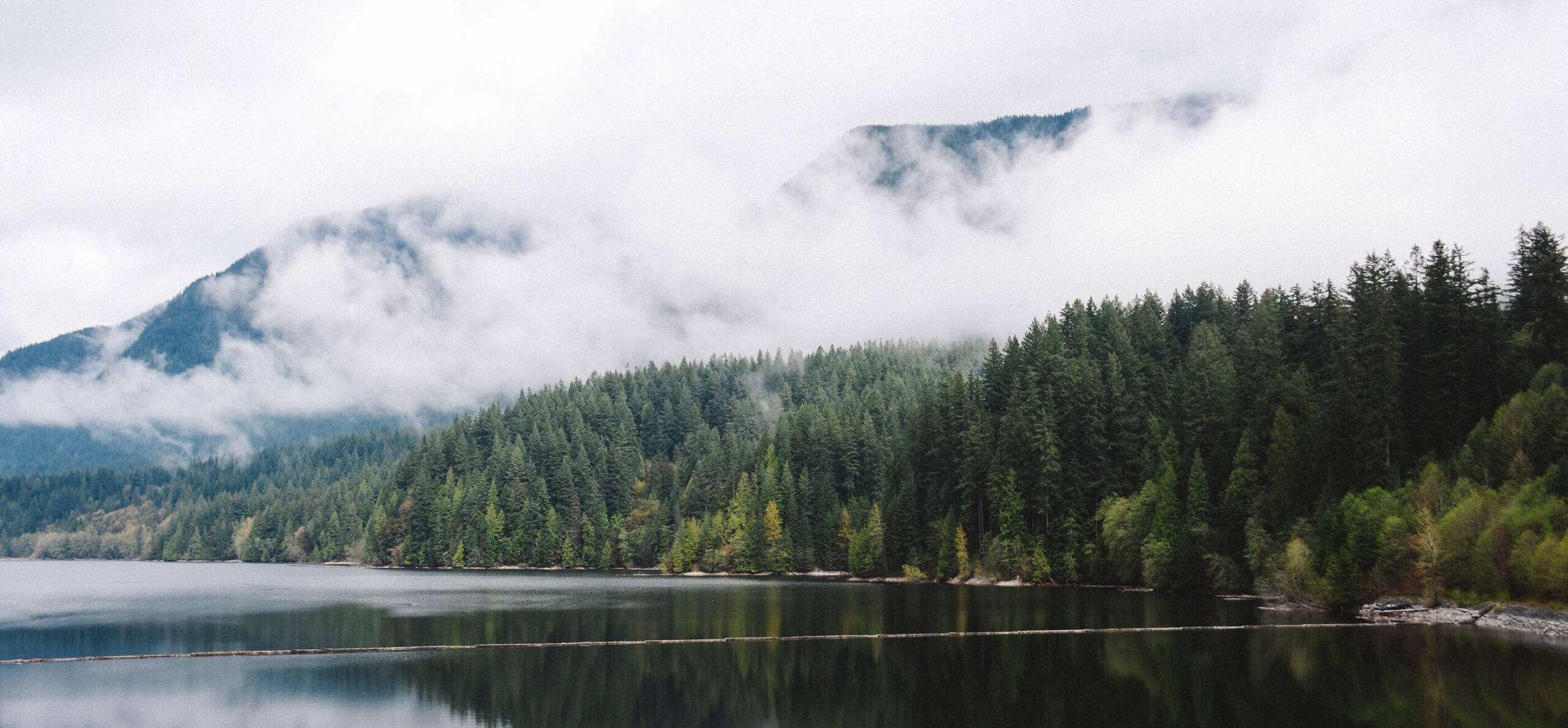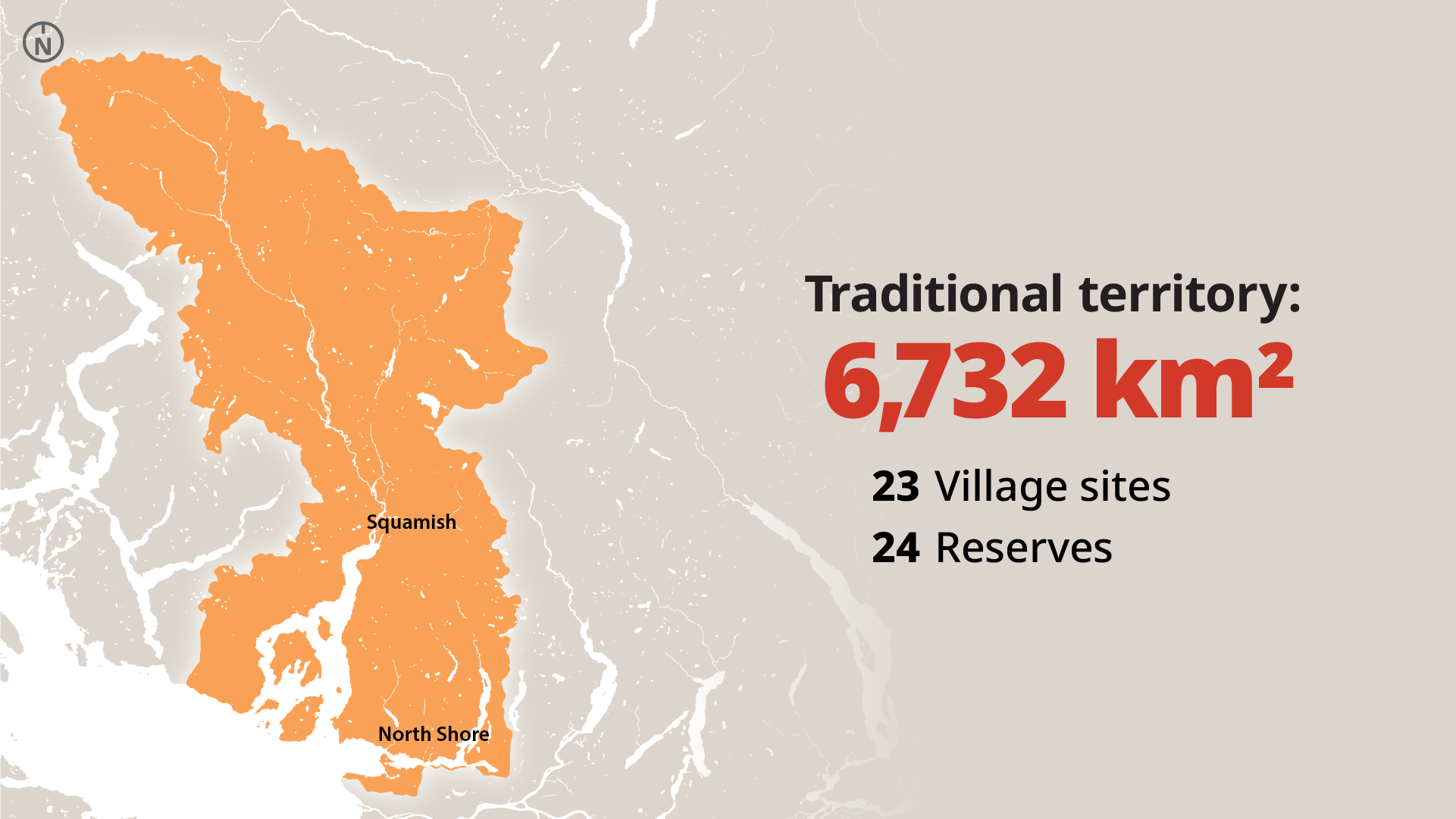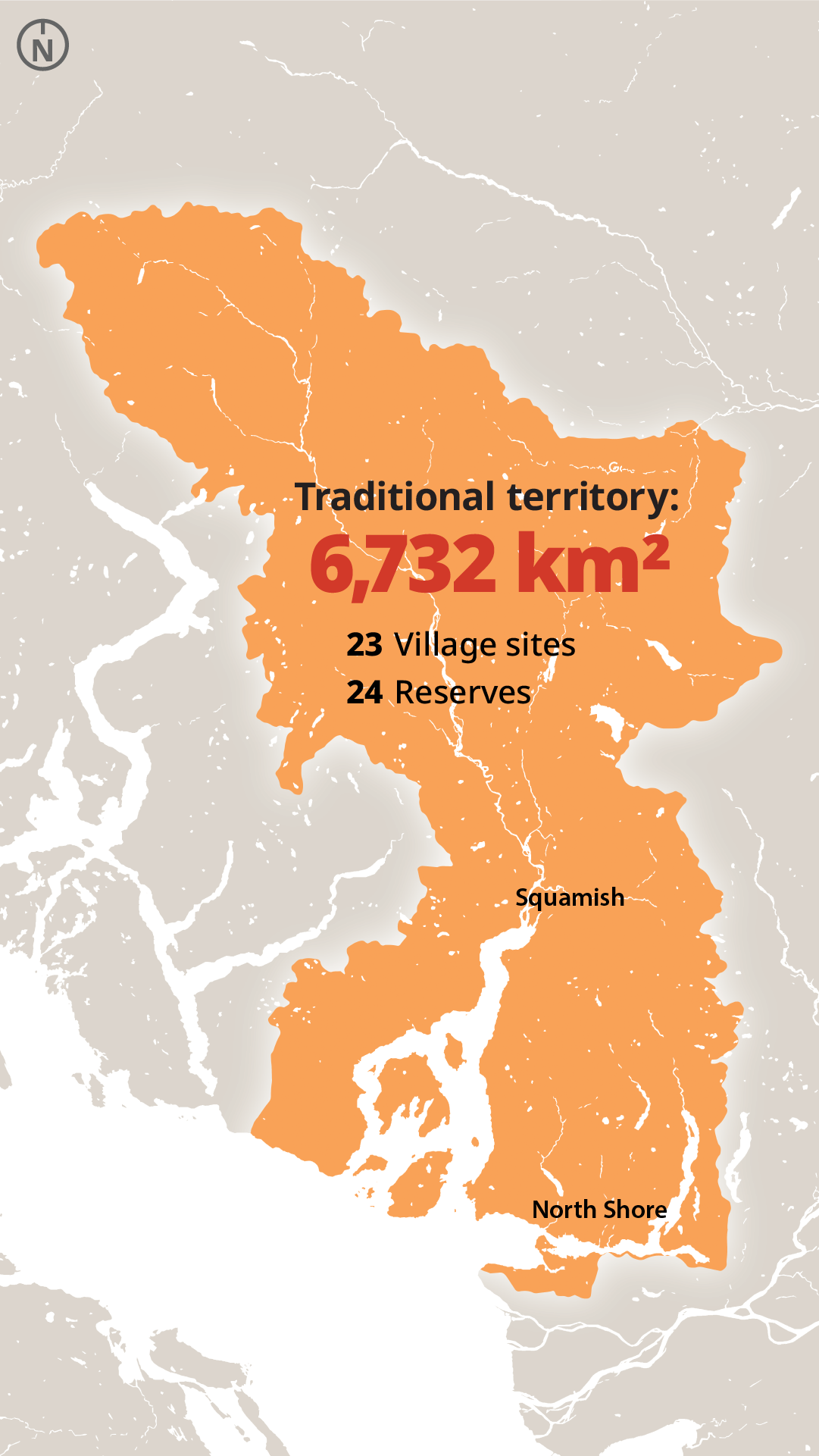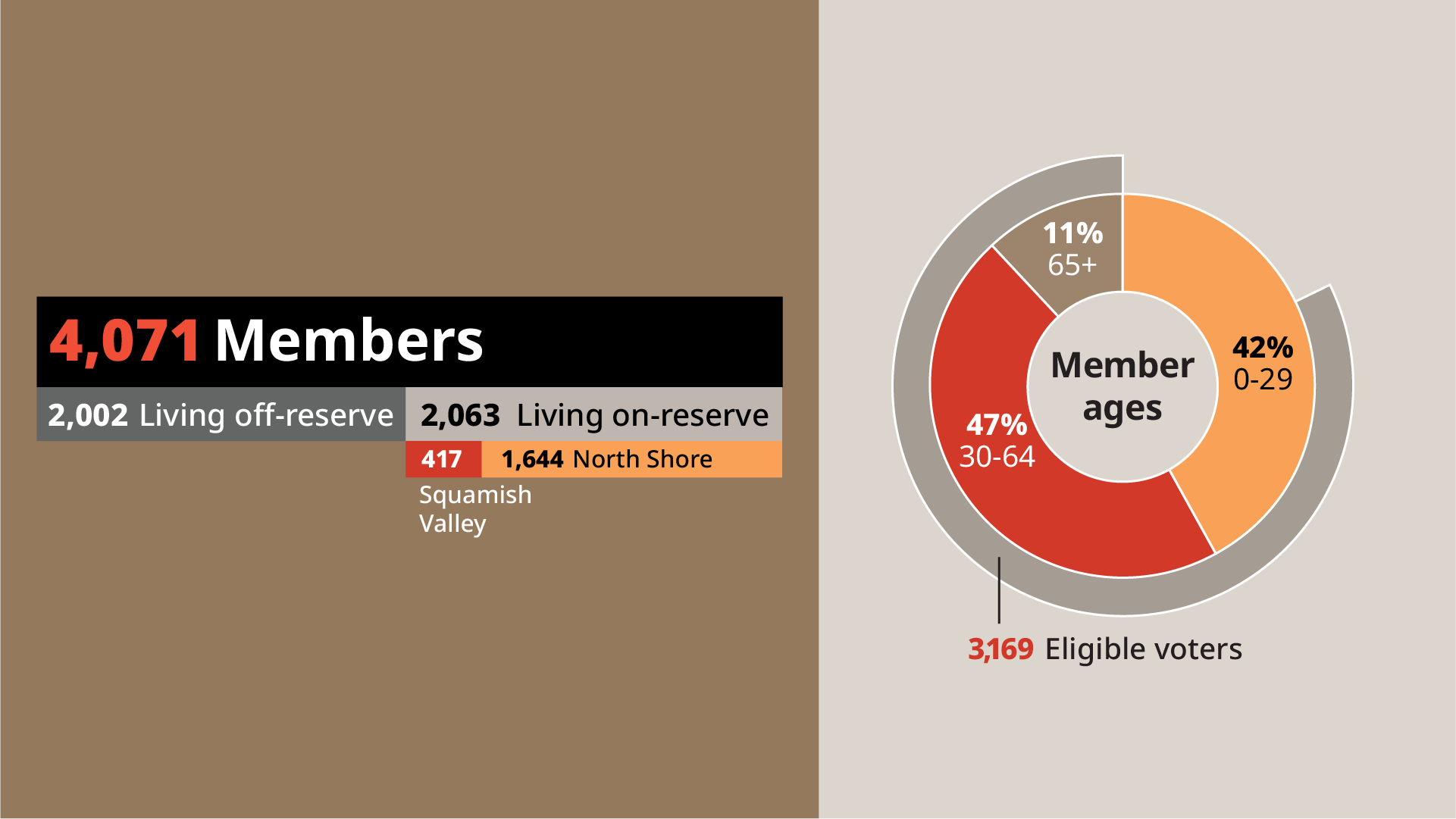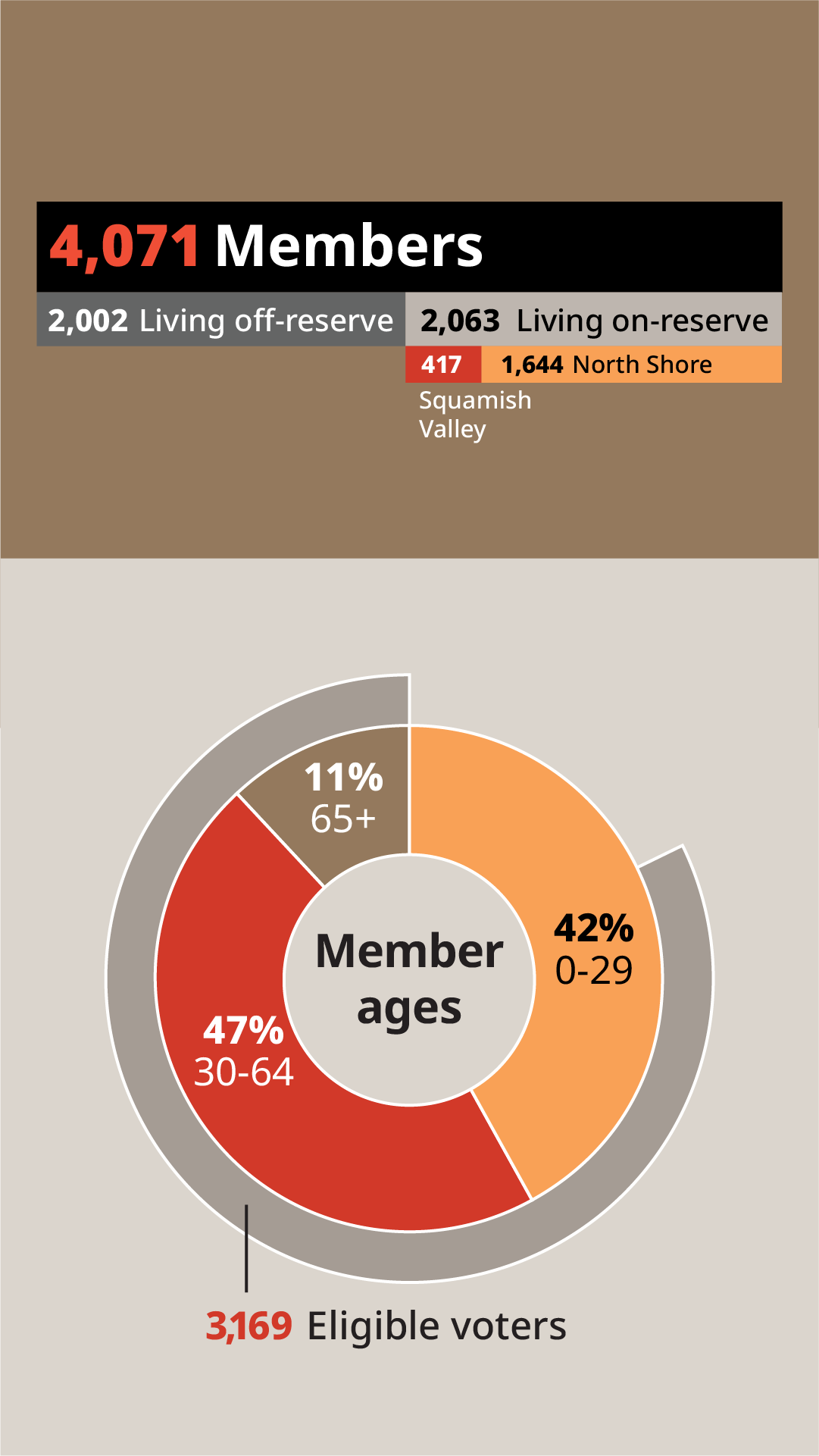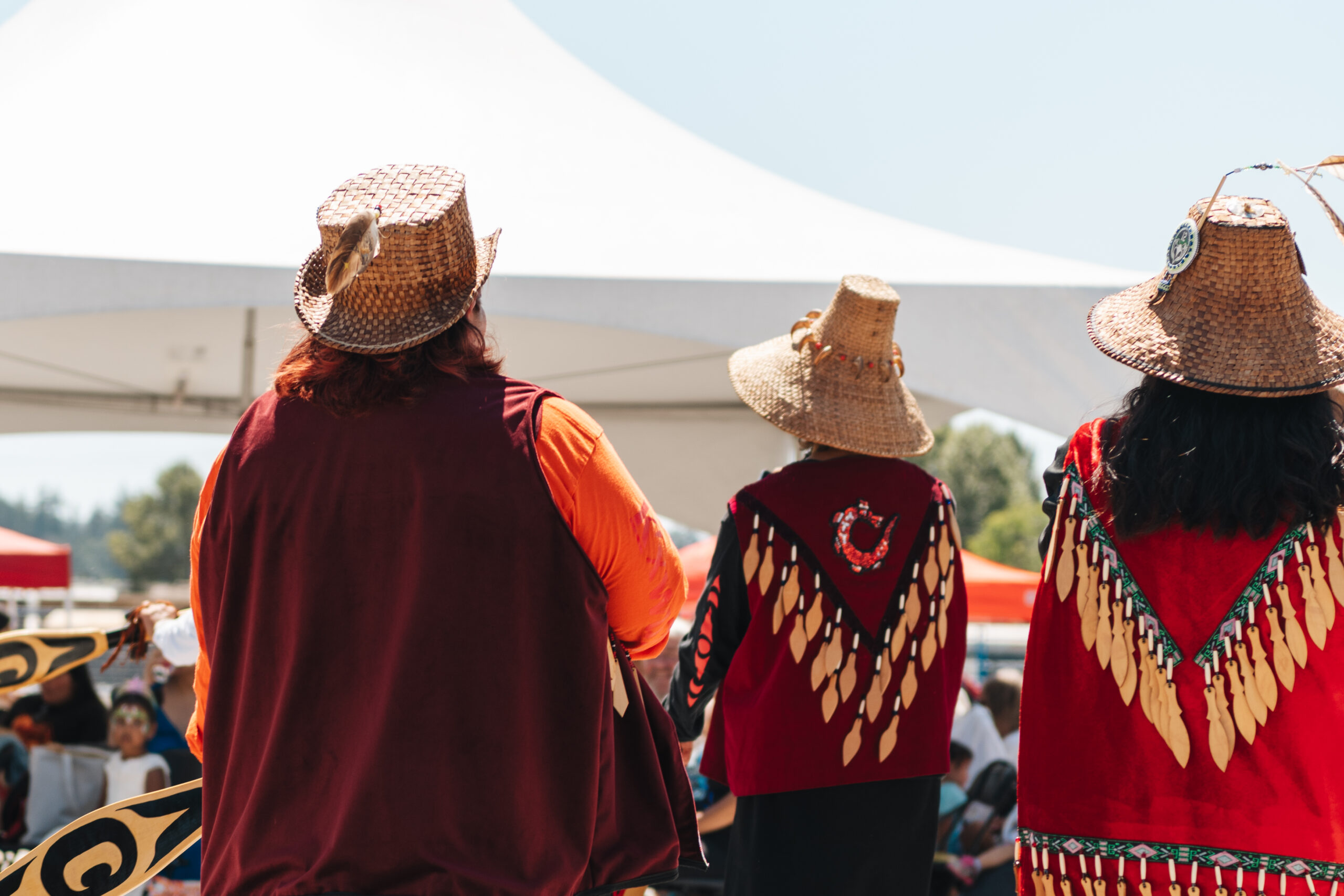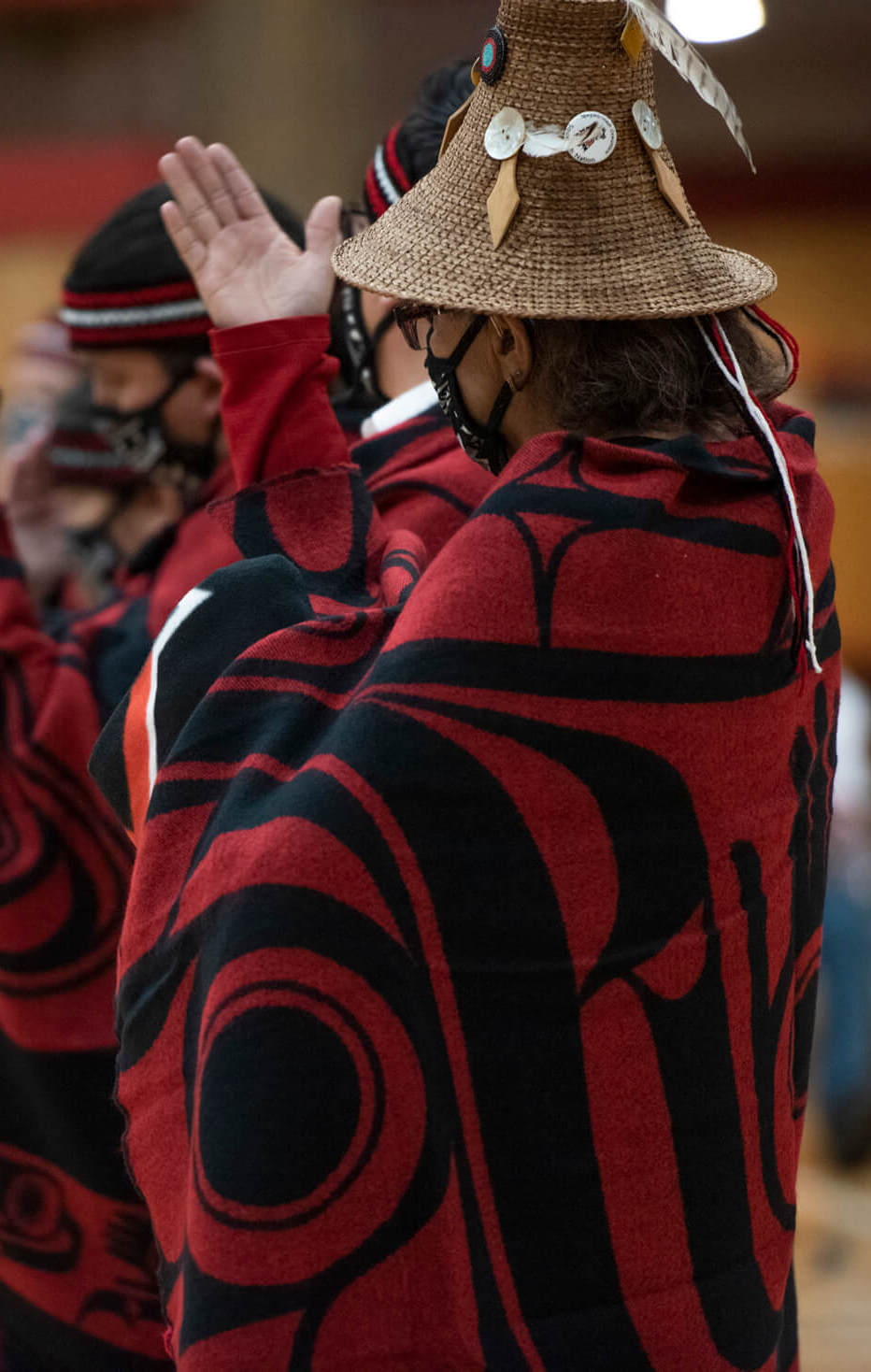chet wa ḵ’áyach’tn ta néwyap
Ta néwyap síiyam̓, síiyay̓, siiyúxwa7 iy ta s7eḵw’í7tel-cht,
nilh ti syel̓ánem tl’a 2023 na7 tkwi nach’aw̓icháwanexw, ta síiyam̓cht tl’a úpen i kwi t’áḵach úxwumixwcht na mi ḵx̱wúsemwit ses men ánulhwit kwis mi nch’ú7mut tl’a úxwumixwcht. nilh melh ses wa tsut ta stélmexw kwis men nch’u7s kwi welh tiná7chet. nekw nach’aw̓icháwanexw ta úxwumixwcht.
wé7us chet kwi ḵwetḵ sts’its’áp’ tl’a swa7ám̓cht ti esxwexwkw sts’its’áp’ kwi ses mistaswit yew̓án̓iwilh tl’a nímalh ti stsi7s na húyutaswit ta Nexwsxwniw̓tm ta Úxwumixw ti stsi7s iy kwis chet mi áyatnew̓as iy kwis chet mi shew̓áynew̓as na7 ta úxwumixwcht. na wé7us ta sts’its’áp’ kwis mi shew̓áynit iy iyím̓entm tl’a úxwumixw iy ta stélmexwcht ti stsi7s iy kwi hem̓í eḵ’ stélmexw á7awt tl’a nímalh, iy wé7us kwis chet nexwiyáy̓us na7 ta sts’its’áp’cht. ta sḵwálwenswit ta úxwumixwcht nilh an esxwéxwkw. stl’i7cht kwis tkwáya7nnit kwis stl’i7swit tl’a s7ulh lemlám̓ iy ta skwulcht iy ta sníchimcht iy ta wa lh7tim̓ácht. chet estétx̱w sḵwálwncht kwis nám̓stet ta úxwumixwcht tkwa tsixwnúmulh.
chet kw’enmántumiyap kwis ḵw’ú7tsutyap na7 ta sḵeḵx̱wcht. an ha7lh sḵwálwencht kwis húynexwaswit ta syétsem tl’a Eslhílhkw’iws Chet, ta Census tl’a Sḵwx̱wú7mesh. kwi ḵwetḵ syel̓ánem na yuultaswit ta úxwumixwcht stl’i7swit kwis ḵ’ánatsuts ta skwulcht iy tsetsiy̓áḵwustay̓ ta sḵwálwenswit tl’a syétsem ta lemlám̓cht. chet wa ḵ’ánatsut na7 tkwa Sen̓áḵw Úxwumixw iy ti-lam̓ chet na wa xwukws kwi ḵex̱ tála tiná7 tl’a Canada Mortgage iy ta Housing Corporation (CMHC). chet uutaswit kwi swataswit tiná7 tl’a Ḵ’émḵ’emelay̓ na chén̓chenstumulh.
chet wa ḵ’áyachtn ta úxwumixwcht ti stsi7s iy kwi hem̓í eḵ’ stélmexw á7awt tl’a nímalh.
huy chexw a (thank you) to Norman Guerrero Jr, Setálten and Victoria Fraser for recording the audio version of this Welcome Message.
Welcome (We Raise Our Hands To You All)
To you all, respected leaders, friends, Elders, and relatives,
This year of 2023, one hundred years ago our chiefs of 16 villages came together and agreed to be one Nation. This is why people say that we come from one (Nation). Our Nation is now one hundred years.
We (Council) are continuing the past work of our ancestors. This important work is being brought to us today and is shaping our current Council, reconciliation, and prosperity. The work continues to grow and strengthen the Nation and our people today as well as the future generations.
We continue to be far-sighted in our work. The thoughts and feelings of our Nation are very important. We want to hear what they say about our housing, education, language, and culture. We are determined to take our people to the destination.
We thank you all for including yourself in our People’s Assembly. We are pleased to see so many of our people complete Eslhílhkw’iws Chet, the Sḵwx̱wú7mesh Census. This past year our people voted yes to Reclaiming Education and shared their thoughts and feelings on housing. We are returning to the village of Sen̓áḵw and building our homes supported with funding from the Canada Mortgage and Housing Corporation (CMHC). We invite those from Vancouver to support us (in our work).
We raise our hands to our people today as well as those who have come before and those who will come after.


